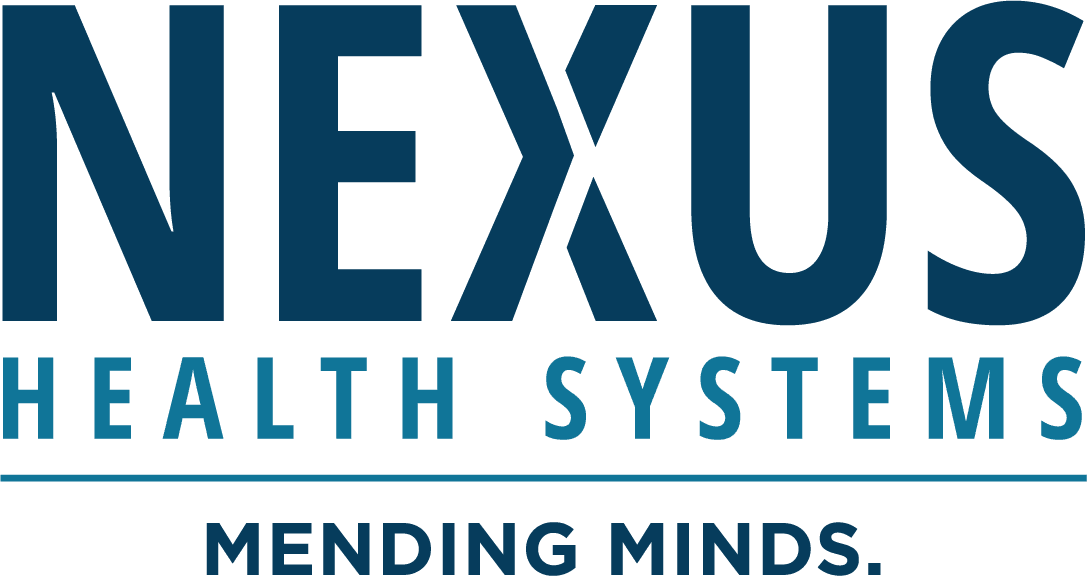When an individual experiences a traumatic brain injury, or an event that impacts their neurological function, frequently the symptoms aren’t just physical. When it comes to injuries to the brain, behavioral challenges can manifest as well. The focus at Nexus Neurorecovery Center is on helping residents recover from injuries or effects of an illness by addressing both physical rehabilitation and behavioral health treatment.
“The most common behavioral health issues we see in our residents are verbal and physical aggression,” explained Katie Moriarty, Board-Certified Behavior Analyst and Behavior Specialist at Nexus Neurorecovery Center. “We also sometimes see elopement, which is when the patient attempts to leave wherever they’re supposed to be — whether that’s their room, the classroom, or the facility itself.”
For residents who have difficulty controlling their behavior within the parameters of their master treatment plan, the behavioral health team at Nexus Neurorecovery Center has developed reinforcement systems that encourage progress. “Our reinforcement system is a token economy,” said Katie. “Residents earn tokens throughout the day based on their good behavior, and they can turn in their tokens for a reward.”
The rewards that residents can earn are personalized to each patient, based on their likes and interests. They range anywhere from going out to eat and short trips into the community to items like makeup or toys the residents enjoy. Rewards are given based on daily and weekly goals set by the therapy team.
Katie emphasized that residents are never punished for not meeting their behavior goals. “Instead of punishing them, they’re just not awarded tokens for that day,” she said. “If they’re not able to access that reinforcement, it will encourage them to improve their pro-social behaviors so that they can access their rewards in the future.”
The reinforcement system and its accompanying tasks and goals are tailored to each resident. “We break everything down to accommodate what level the resident is at in their recovery journey,” said Katie. “Our reinforcement plans are intentionally designed to fade away from physical rewards while increasing praise. Praise is a social reinforcement present in the natural environment outside of Nexus Neurorecovery Center, the environment we’re preparing our residents to return to. This technique allows their behavior to become regulated by things that are already occurring in their homes and their communities, so that they continue to behave pro-socially after they leave our facility.”
While physical, occupational, and speech therapy is a large part of residents’ treatment plans, the behavioral health initiative is designed to integrate with and complement the medical program, allowing the care teams at Nexus Neurorecovery Center to heal their residents holistically.
“Negative behaviors can act as a barrier to the community,” Katie said. “Whether those behaviors are intentional or the unintentional side effects of a brain injury, we focus on helping residents learn how to behave when they return to their jobs, school, or home.” The behavioral health team also works with the medical team to ensure that residents are meeting their physical, occupational, recreational, and speech therapy goals while earning rewards through the reinforcement system that encourages them to continue pushing themselves.
Katie explained that Nexus Neurorecovery Center’s interdisciplinary approach to neurorehabilitation sets them apart from other inpatient facilities. “It’s uncommon to have a behavior specialist like myself in a residential rehabilitation program,” she said. “It means that I’m able to co-treat with the other members of the medical and physical therapy staff, which leads to more success overall for our residents as we all help them work towards their goals.”
To learn more about Nexus Neurorecovery Center and its programs, click here.

